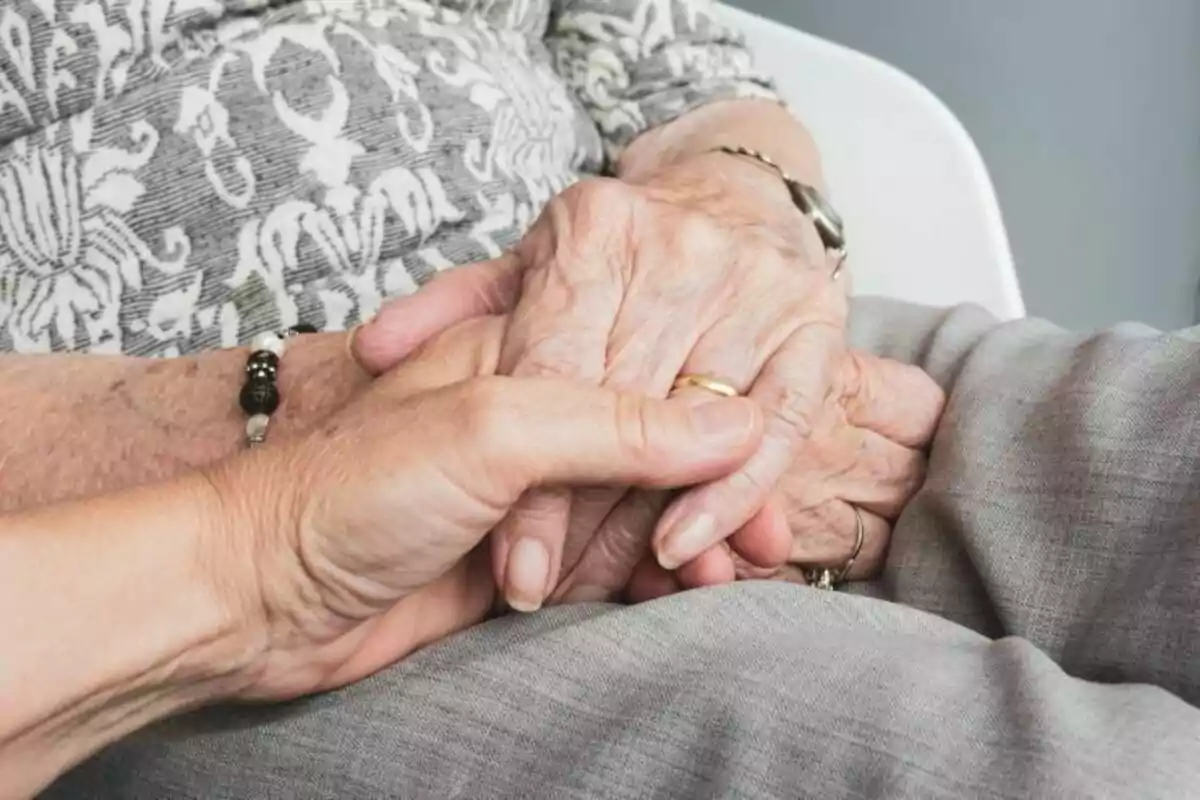
Dying Waiting for Dependency Aid in Catalonia: The Drama of Thousands of Catalans
103,055 Catalans have died since 2017 waiting for recognition or to receive the benefit.
The situation of people and families waiting for dependency benefits in Catalonia is desperate. According to a recent report, 103,055 Catalans have died since 2017 while waiting for assistance. Of these, 71% had already been recognized with a degree of dependency but never received the benefit.

This is a very serious situation that highlights the failure of public services for the most vulnerable people in Catalonia. In fact, the Catalan region leads the list followed by Andalusia with 83,254 cases. The two communities account for half of the deceased in the entire Spanish state waiting for dependency assistance.
Community | Deceased |
Catalonia | 103,055 |
Andalusia | 83,254 |
País Valencià | 37,481 |
Madrid | 26,288 |
Canary Islands | 23,351 |
Basque Country | 19,355 |
Castilla La-Mancha | 14,744 |
Extremadura | 13,104 |
Aragón | 12,470 |
Castilla y León | 11,800 |
Asturias | 11,115 |
Murcia | 9,714 |
Balearic Islands | 7,425 |
Galicia | 6,557 |
La Rioja | 2,980 |
Navarra | 2,804 |
Ceuta and Melilla | 501 |
Source: Imserso
These are figures from the report by the State Association of Directors and Managers of Social Services, published by the Observatori de la Dependència. It attributes the system's failures to the low amounts of benefits and the low intensity of services. In summary, an "ineffective" service to care for dependent people in Catalonia.
The Minister of Social Rights and Inclusion of the Generalitat, Mònica Martínez, has announced a shock plan to reduce the lists. They hope to reduce it from a year to nine months. Behind the figures are personal dramas.
Real Cases Beyond the Figures
Álex says that his mother has been recognized with a degree two of dependency and they have been waiting for assistance for a year and a half. All after "fighting a lot" with the "horrible bureaucracy". He expresses his indignation at the way "our parents and grandparents are treated".
Another case is that of Lluís's mother, who "didn't receive a single euro from the dependency law despite having processed it in advance". He blames "the politicians" who "don't want to solve the citizens' problems".
Júlia explains that her father received the notification a year after his death. Another person explains that her mother received the recognition of dependency a week after dying. "My grandmother is still owed," says another, "she passed away seven years ago".
An Ethical Issue
Social media are full of messages from people who haven't seen their degree of dependency recognized or who have been waiting for years to receive assistance. There are also many messages from Catalans outraged by everything that is happening. People who have contributed to the system all their lives find themselves abandoned by this system.
One of the factors explaining the system's failure is underfunding. This is partly related to the lack of balance between the state's territories. But also to the deficiencies of public services in Catalonia.
Partly due to the malfunctioning of an administration that has been squandering public money on superficial or ideological issues for years. The collapse of public services is causing widespread indignation. The dependency law is one of the most flagrant cases because it is an ethical issue.
More posts: